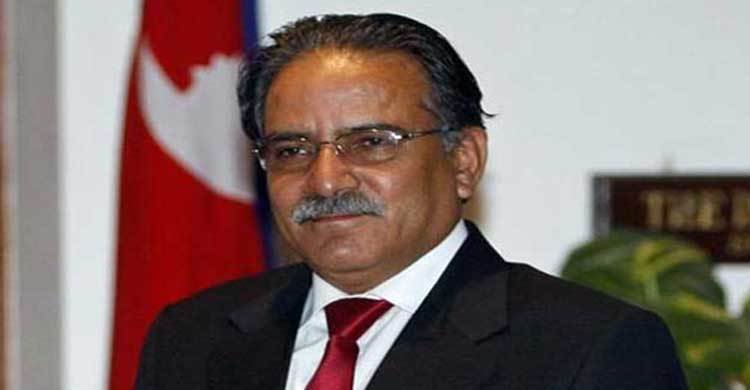Prachanda elects new president of Nepal

Nepal’s parliament on Wednesday elected Prachanda, who led a decade-long insurgency that topped a feudal monarchy, as the Himalayan nation’s new prime minister, a week after KP Oli stepped down to avoid a no-confidence motion.
Nepal has long been mired in political instability and Prachanda, 61, becomes its 24th prime minister since protests led to the establishment of a multi-party democracy in 1990. He has served once before, after winning power in 2008.
Prachanda, whose real name in Pushpa Kamal Dahal, won 363 votes of the 573 votes cast in the 595-member parliament. Lawmkers draped Buddhist prayer scarves around his neck after he was elected unopposed.
‘I will work for national unity, to promote the interest of the country and its people,’ the bespectacled leader had told lawmakers earlier.
The return of Prachanda, who still uses his nom de guerre, which means ‘fierce’, but has lost his former Robin Hood image, is unlikely to end the revolving-door politics that has sapped business confidence in one of the world’s poorest countries.
‘I don’t think he will be stable,’ said Guna Raj Luitel, editor of the daily Nagarik.
Frequent changes of government are blamed on politicians who are seen as selfish and power hungry, and who show little concern for the plight of Nepal’s 28 million people. Nearly a quarter live on less than $2 a day.
Politics in Nepal, which has great potential to generate hydroelectric power, is closely watched by giant neighbours China and India as they vie for influence over the country that is home to Mount Everest and the birthplace of Lord Buddha.
In 2008, Prachanda visited China before India, breaking a tradition of new Nepali leaders making New Delhi their first foreign port of call.
The new leader also faces a huge reconstruction effort after earthquakes that killed 9,000 people last year, besides overseeing settlement of war crimes cases against the Maoists and the security forces.


